New regulation prohibits aftermarket catalytic converters on vehicles originally equipped with a converter unless exempted
Denver—A ruling by the Colorado Air Quality Control Commission in 2018 now requires Colorado to adopt California aftermarket catalytic converter standards, effective Jan. 1.
“We’ve been looking at aftermarket catalytic converters for quite some time. The federal converters that conform to U.S. EPA regulations are underperforming for a variety of reasons,” Jim Kemper told Aftermarket Matters Weekly, who is a senior research scientist for the Aurora High-Altitude Emissions Research Laboratory, Colorado Air Pollution Control Division.

The rule that initially allowed for aftermarket catalytic converters, originally established in 1986 by the EPA, is a selective enforcement policy. “It essentially hasn’t changed since then, aside from a few minor updates, though the catalyst technology has changed substantially in both design and performance,” he said.
During that time, the California Air Resources Board (CARB) determined that federal aftermarket converters didn’t perform as well and lacked longevity, which led CARB to establish a new rule that became effective in 2009. It required a more stringent performance and durability standard, which Colorado has now adopted.
What it means
Beginning Jan. 1, all Colorado sales or installation of aftermarket catalytic converters for any model year vehicle must comply with the Air Quality Control Commission, Regulation Number 20, 5 CCR 1001-24. This new regulation prohibits:
• Any person to install, sell, offer for sale, or advertise any Aftermarket Catalytic Converter intended for use on any motor vehicle originally equipped with a catalytic converter(s) in Colorado unless it has been exempted pursuant to the requirements of California Code of Regulations, Title 13, Section 2222 (h) (i.e., a “California Aftermarket Catalytic Converter”).
• Any person to install, sell, offer for sale, or advertise any used, recycled, or salvaged catalytic converter in Colorado pursuant to the requirements of California Code of Regulations, Title 13, Section 2222 (h) and (i).
A FAQ sheet on the new regulation can be found here.
“The Denver-metro and Front Range regions had been in moderate ozone level ‘non-attainment’ and was elevated to ‘serious non-attainment’ about two years ago,” Kemper said. “We will potentially reach ‘severe non-attainment’ depending ozone levels this summer and beyond. Any of those classifications mean we’re over the health standard — our ozone levels are just too high.”
He explained that, in addition to health concerns, high ozone levels also affect planning for infrastructure and transportation, and may place administrative burdens on companies, among other issues.
“It’s in our best interests to meet these air quality standards. From an air quality standpoint, we need more reductions in ozone — and sooner than where we are right now. This regulation is part of the solution and broader strategy for air quality improvement.”
Kemper added that some aftermarket converters begin underperforming in as little as a few thousand miles or a few months, resulting in a vehicle having elevated emissions until the next emissions test (a two-year cycle).
Partnering with the industry
The Colorado Air Pollution Control Division has been working closely with the Manufacturers Emissions Control Association (MECA), which represents companies producing emission control devices, including catalytic converters.
“They sent a letter of support to our Air Quality Control Commission two years ago as we were developing the rule. We’ve worked really closely with the manufacturers and distributors, who have also been supportive. I’m not aware of any pushback on the ruling — each manufacturer has sent information regarding the ruling down their supply chain, such as handout materials and videos.”
Those industry backers include active CARB manufacturers AP Exhaust, Miller, Walker/Tenneco and Magnaflow.
“We’ve also sent out hundreds of state-wide letters to suppliers, distributors and shops. We’ll also be hosting a webinar on the ruling after the first of the year.”
More for information on the webinar, click here.

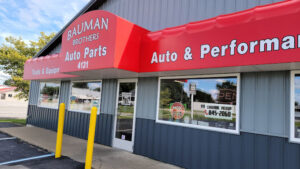
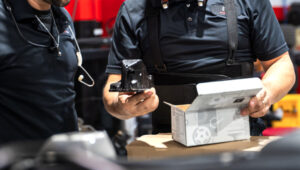





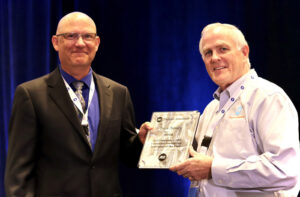
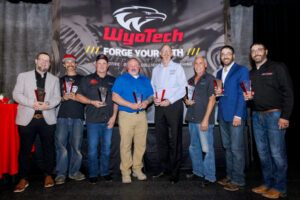
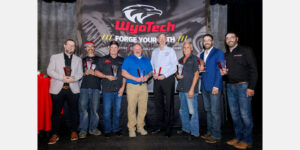
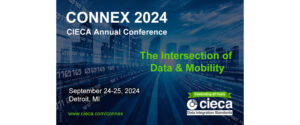
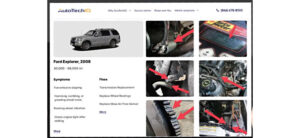

Comments are closed.